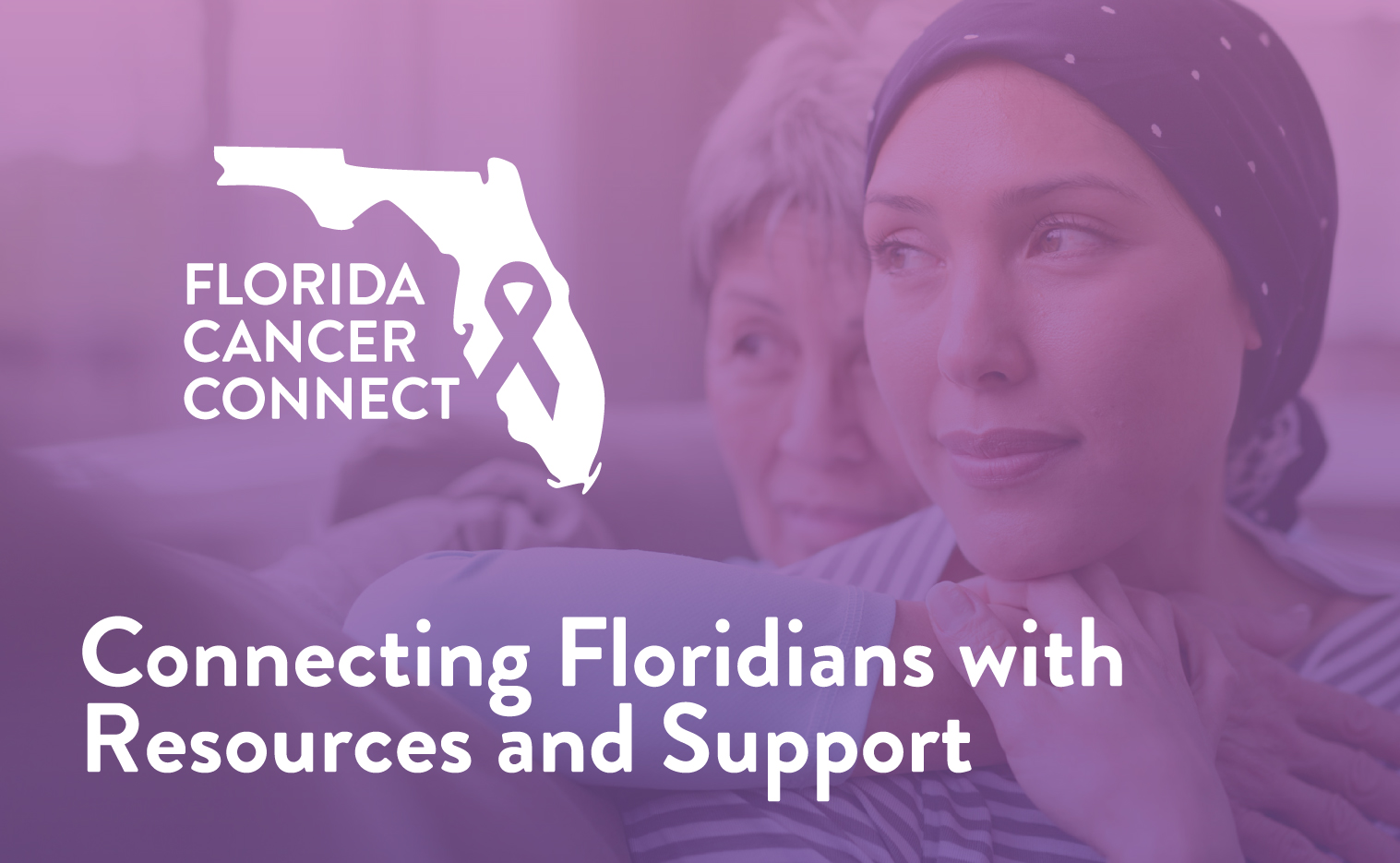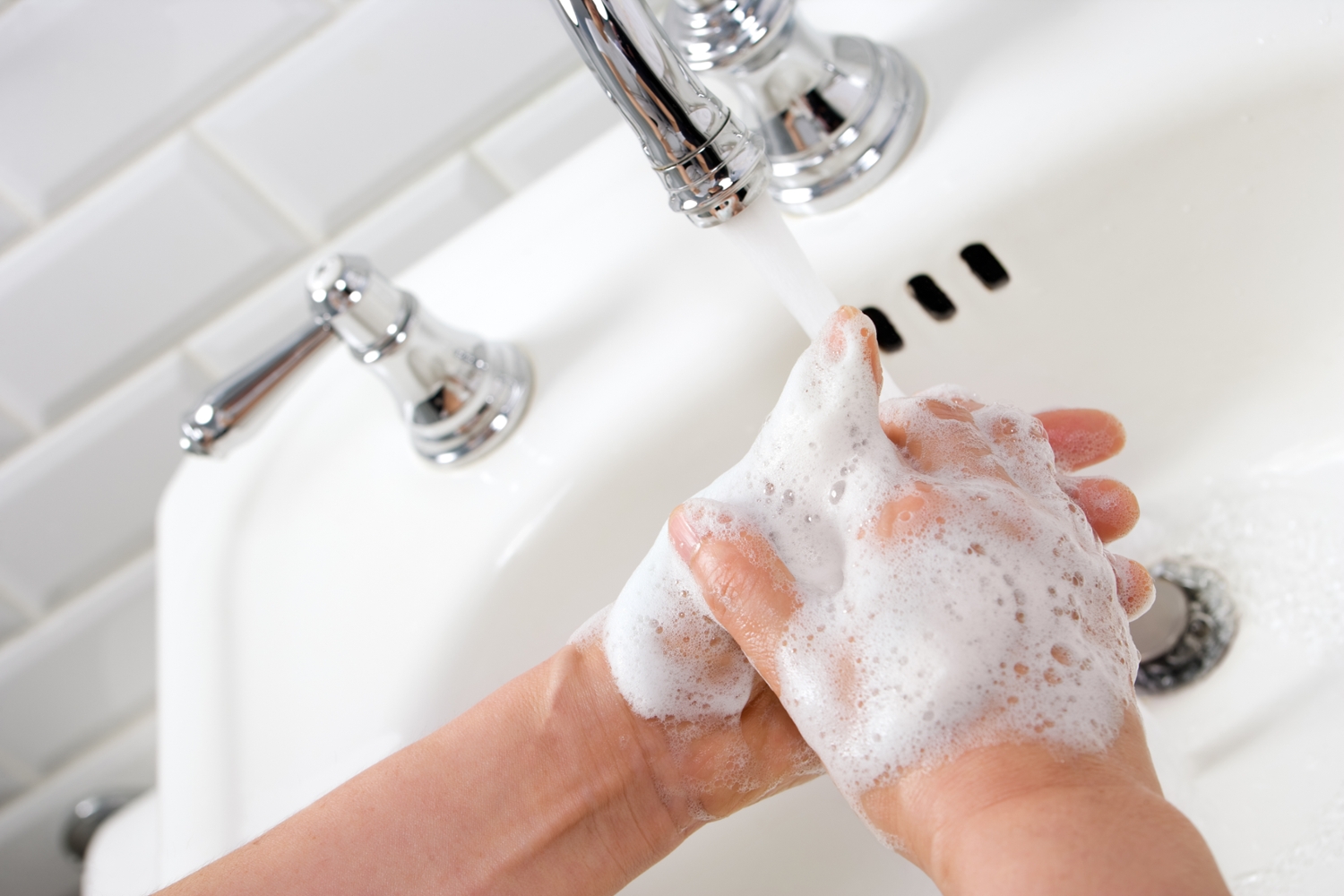It's a New Day in Public Health.
The Florida Department of Health works to protect, promote, and improve the health of all people in Florida through integrated state, county, and community efforts.
DOH-Hernando Hosts Diabetes Education Class in Recognition of National Diabetes Awareness Month

Florida Cancer Connect is a centralized resource hub for information on cancer treatment, caregiver tools, and stories from brave Floridians who have fought this disease on one centralized website. Use this tool to access a trusted information from local medical practitioners to help you and your family make informed decisions when it matters most.
Full Story on FloridaHealth.gov
Do you have diabetes or are at risk of developing diabetes?
Learn how to manage your diabetes and develop healthy lifestyle habits that aid in diabetes prevention. Attend monthly classes at the Florida Department of Health in Hernando County.
Visit one of our convenient locations in the county or call, 352-540-6800 to learn more.
Ask about our Insulin Distribution Program. *Receive a glucose meter while supplies.
Environmental Health
Now providing services at our Brooksville location for Environmental Public Health Monday through Wednesday from 8 a.m. - 4 p.m. at the window 2.
Septic permit applications and all regulated facility applications are accepted.
Bacterial Water Samples are to be dropped off by 9 a.m. on Tuesdays and Wednesdays
*******
Now Accepting New Clients for Primary Care and Women’s Health Services.
Did you know that the health department now offers school physicals?
You can make appointments for school physicals.
Click here to learn more about Healthy AgingNewsroom
Statewide Articles
Local Articles
More ArticlesReport a Disease |
REPORT A DISEASE 352-540-6897 OR ANIMAL BITE 352-540-6812 AFTER 4 PM 352-279-3733
| Download the Full List of Reportable Diseases and Conditions |






Connect with DOH